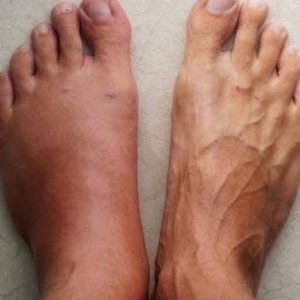In the final months of his presidency, Joe Biden approved a historic number of commutations, including nearly 2,500 on January 17 — just days before leaving office. This brought his total to over 4,200, setting records for both the most commutations in a single day and throughout a presidential term. The move drew scrutiny, especially as some of the pardons were considered highly controversial.
White House Chief of Staff Jeff Zients later clarified that he did not personally send the email authorizing the use of the autopen — a device used to sign documents electronically in the president’s name. Instead, he said an aide with access to his email sent the authorization on his behalf. This detail raised further questions amid ongoing investigations into the legitimacy and oversight of presidential actions during Biden’s final weeks.
The use of the autopen has become a central issue in a probe led by House Oversight Chair James Comer (R-KY). The investigation is examining whether Biden’s aides used the autopen excessively and possibly without his full awareness, potentially due to concerns about his mental acuity at the time. Comer has focused on whether senior staffers concealed signs of Biden’s cognitive decline during key decision-making processes.
Former White House press secretary Karine Jean-Pierre, now an Independent, was recently interviewed in a closed-door session as part of the investigation. Her appearance followed the release of her book Independent: A Look Inside a Broken White House, Outside the Party Lines, which has drawn interest for its depiction of internal operations during the Biden administration.
Comer said Jean-Pierre was one of the last witnesses the committee wanted to question. Her testimony is considered significant, as she was closely involved in White House communications and potentially aware of decisions involving the autopen and presidential authorizations.
The investigation continues to raise questions about transparency, executive accountability, and the safeguards surrounding presidential authority in the final days of a presidency.





